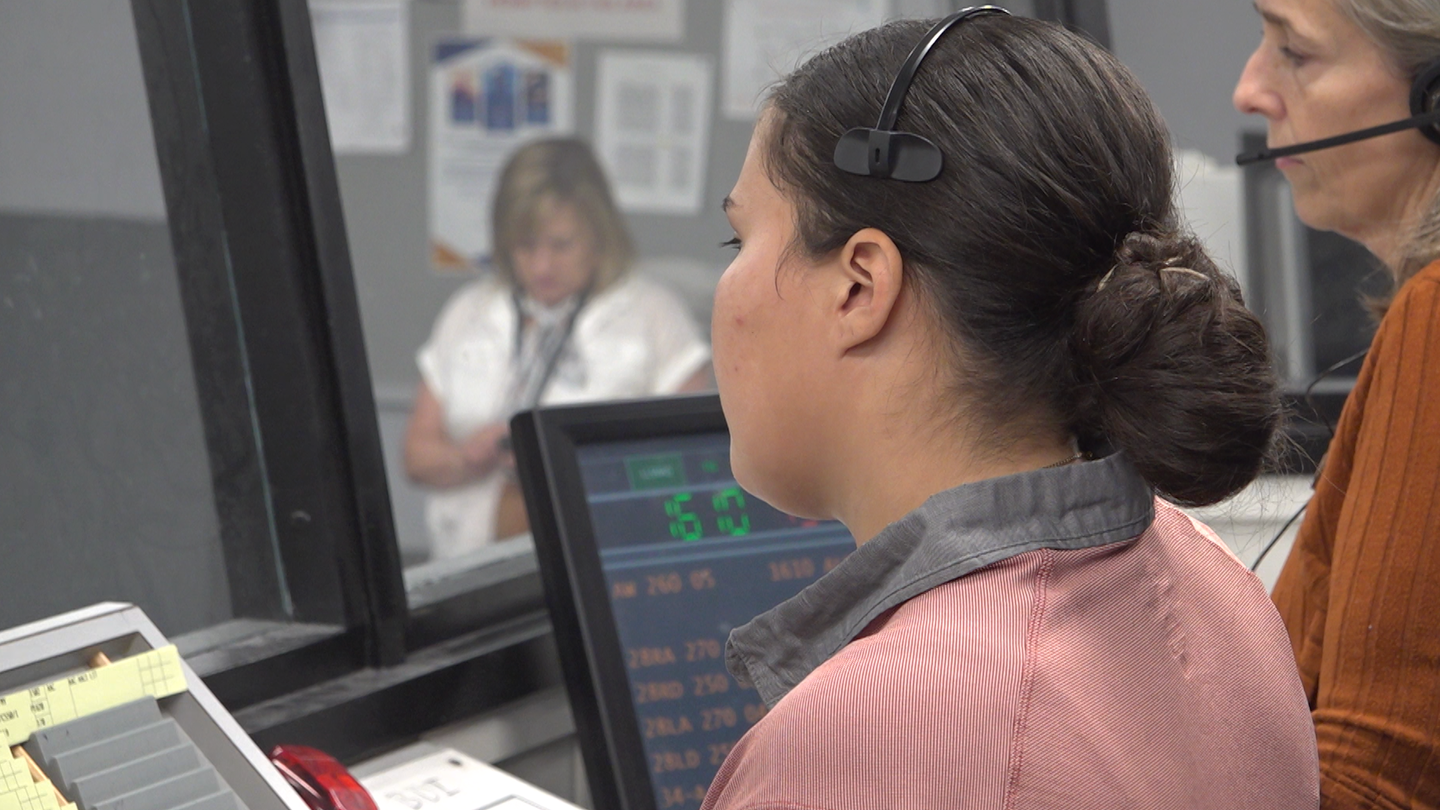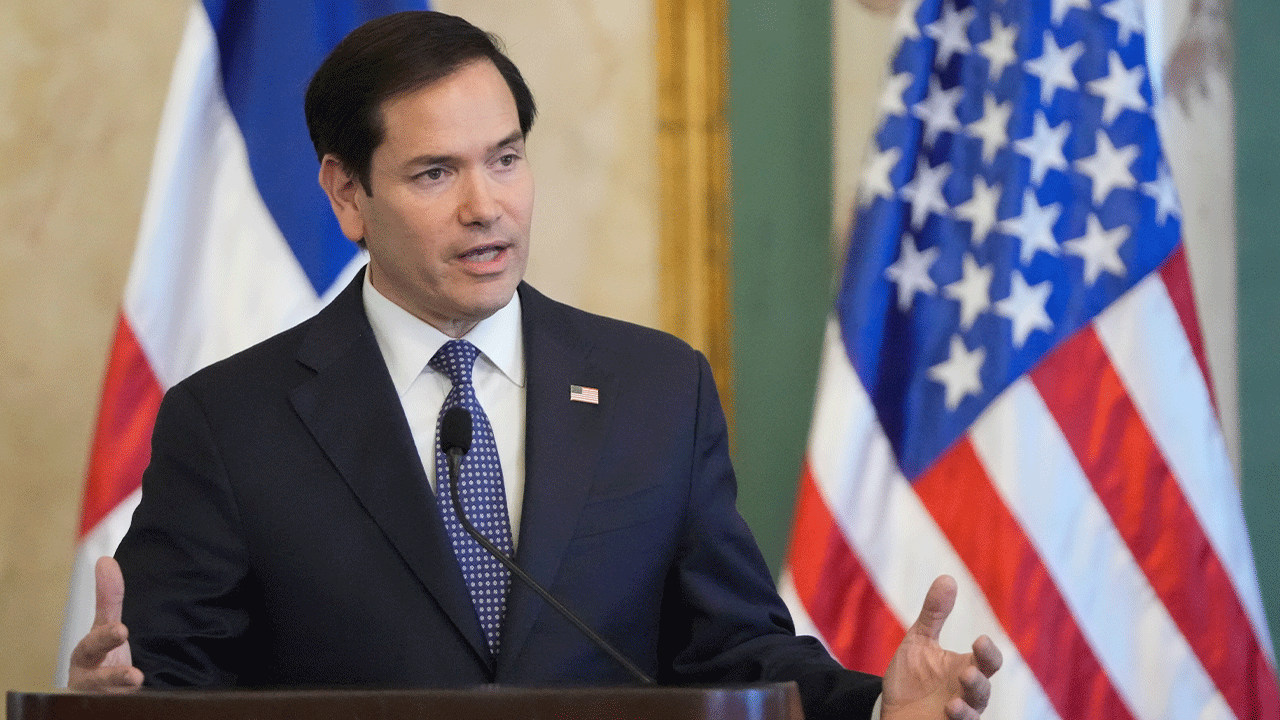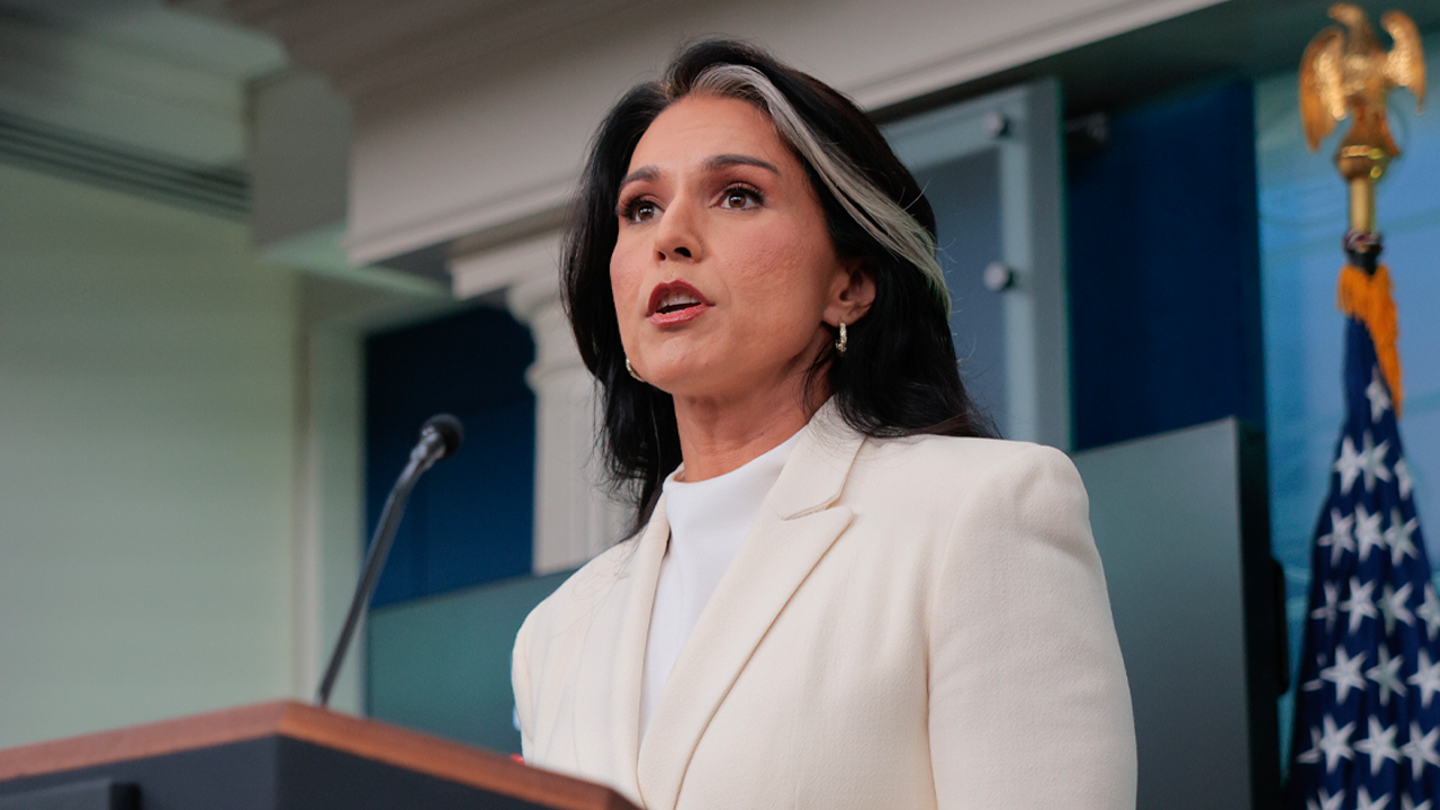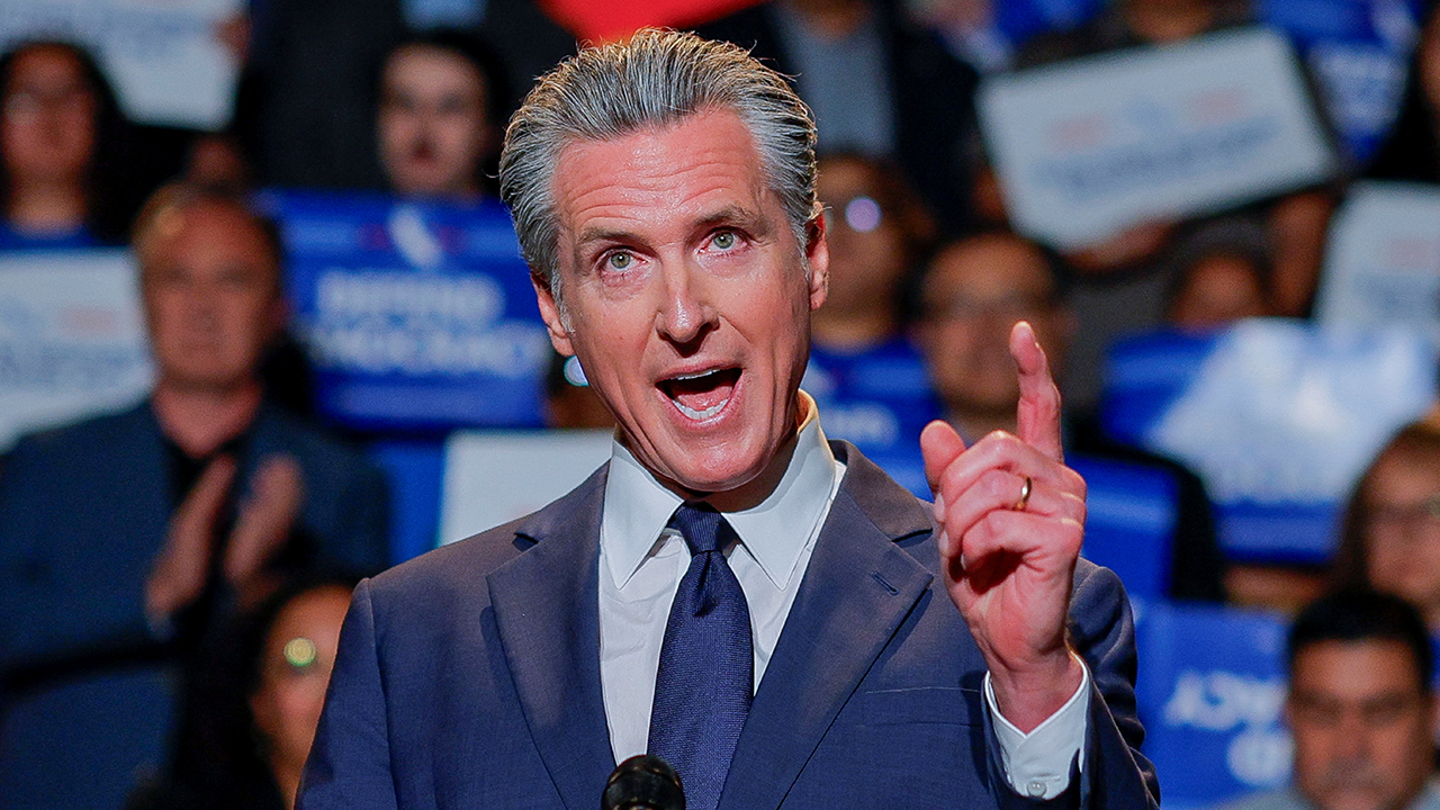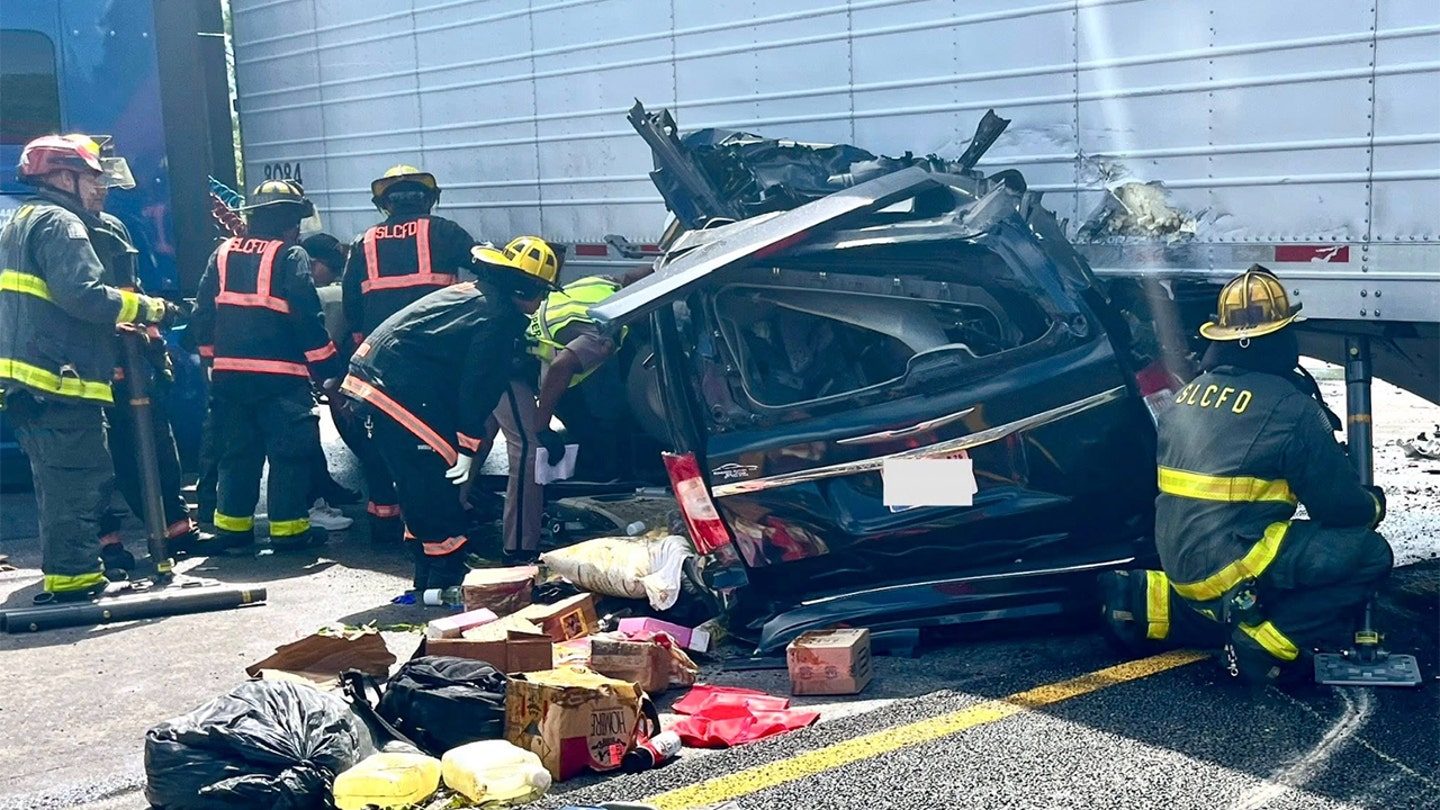Entities mentioned:
- Trump administration's Department of Transportation: Professional pride, Security, Control
- Biden administration: Ambition, Recognition, Influence
- Pete Buttigieg: Self-preservation, Competitive spirit, Righteousness
- Sean Duffy: Duty, Professional pride, Security
- Federal Aviation Administration (FAA): Professional pride, Safety, Duty
Article Assessment:
Credibility Score: 65/100
Bias Rating: 70/100 (Lean Right)
Sentiment Score: 35/100
Authoritarianism Risk: 40/100 (Generally Democratic)
Bias Analysis:
The article leans right, evidenced by more extensive quotes from Trump administration officials and a more critical tone towards the Biden administration's actions. While it includes some rebuttals from Buttigieg's team, these are presented more defensively.
Key metric: Air Traffic Controller Staffing Levels
As a social scientist, I analyze that this article highlights a contentious issue in air traffic controller recruitment and training standards between the Trump and Biden administrations. The Trump administration claims to be raising standards to improve completion rates at the training academy, while accusing the Biden administration of lowering standards to inflate recruitment numbers. This dispute impacts air traffic controller staffing levels, a critical component of air travel safety and efficiency. The conflicting claims and changes in qualification criteria suggest a politicization of what should be a strictly professional and safety-oriented process. This situation may lead to public uncertainty about the quality and sufficiency of air traffic control staffing, potentially affecting confidence in air travel safety.

